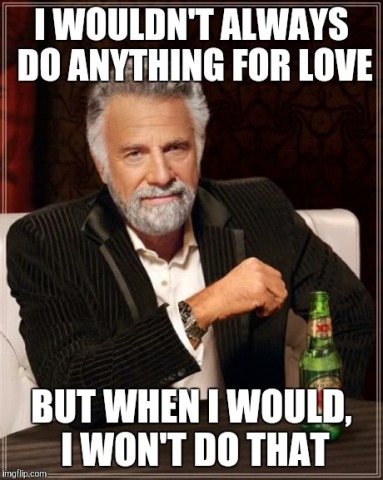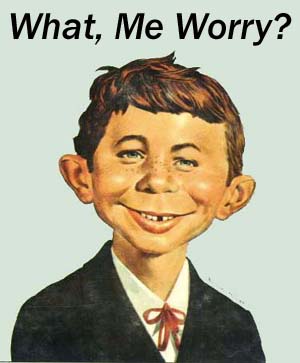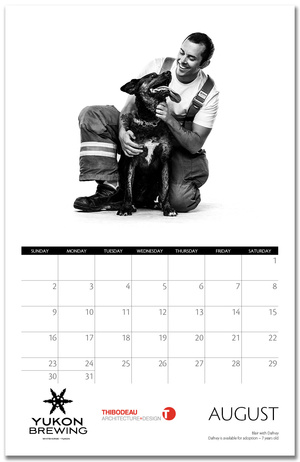Last week I had two grad shows to the public along with an Improv Summer camp. Originally, I had only signed up for a Narrative form but the theatre manager sent a request for more sign ups to the Harold II class as there weren’t enough people. I felt it would suck for those that wanted to pursue Harold if the class was cancelled so I volunteered to join. Mentally, it was very taxing to have two improv classes every week and having to practice with plenty of stage time. While I did enjoy the classes, it normally takes me a day or two to recharge. Two classes a week was a bit much and I had a tough time motivating myself to get out more this Summer because of it.
Harold
I skipped over detailing my experience in the Harold I class. While I really liked the class, we were 16 class members at times. Our instructor had little time to coach all of us or give sufficient stage time even with an additional 30 minutes he volunteered freely. The first few classes we had a lot of fun but as time went on, we were tripping over ourselves. I felt our practice performances were getting worse the further we were asked to carry the ideas we originally had into the later stages of the show. To compensate for this, we were instructed to play as mundane as possible from start.
Several of us went to the Sunday workshops to get the stage time we were hoping for to mixed results. We performed two Harolds, one was well received, the other poor. Going into the grad show, everyone I spoke to in the class weren’t confident we’d have a good show. Whether the lack of practice or the mind set going in, we had a mediocre show. I am not blameless either. I felt the same way going in and did not invite any friends or my parents to watch. Harold has a very specific format and we were thrown out of whack by one of the other classmates who screwed up the sequence. This lead to some confusion and we had a hard time getting back on track.
The reduced class number for Harold II was more welcome and we had plenty of opportunity to practice. However, I found a major obstacle in the class because of crazy work hours and being told during the first class we had to start the show as mundane as possible. This led to our scenes not really going anywhere in the first segment, which gave us little to work in the later parts of the show. I experimented with trying to add interesting elements for later in the show but these were not projected well enough for later use by myself or the others.
Nevertheless, I was asked to perform as an opener for the local house team by our Harold II instructor to which I agreed. Again, our show proved mediocre in my view. With the same class mate mixing up the order as during our Harold I grad show. However, the house team had an amazing set with the same format because they did introduce comedic elements from the get go. This hearkened back to the first classes. The next week, I asked for clarification on the “mundane”. Our instructor clarified that we have to leave ourselves room to heighten the absurdity or comedy of our original scene later in the show.
Our grad show was very well received and in many ways the most rewarding of all my performances because of the challenges and initial “failure” of a bad show. Strangely enough, what made the show for me was a screw up by yours truly. I joined someone on stage who was pretending to play with LEGOs. I joined him in doing so. His face turned to the audience, he said “Dad, I really appreciate you helping me build this LEGO tower.” I didn’t hear him say “Dad” and so my response was: “I want to be an architect when I grow up”. He immediately called me out on the mistake saying “But dad, you already are a grown up!” Quickly, I flipped the scene about my character undergoing a mid-life crisis and playing with LEGOs as a way to re-capture my youth. This morphed into the theme of the show. Later scenes had my character wanting to re-live his teenage years while his son was off to his first day of work. A group game involving what to do during a mid-life crisis, a scene about the inability to relate to younger generations, another series of scenes of someone wanting to live forever, “hazing” in prison and university before mixing everything together in a hodge podge of hilarity!
It is definitely a format I enjoy despite the struggle because there are plenty of moving pieces; it feels like playing an improv chess board with every move potentially significant later on.
Narrative
Our narrative class did not face the same struggles. Rather, because of summer vacations and real life our class lost three people by the time the show came around. Nevertheless, we performed a good show with few hiccups. Following the Pixar format, we alternated between hindering and helping our main protagonist Barry Pilkerton and his desire to convert his gas station in his home town of Winnipeg Manitoba to full service. His character was inspired to make the change while vacationing in Oregon.
We had some fantastic scenes and some great lines like “I find tipping morally objectionable.” and “Just get that thing out of me [referring to the gas hose]”. We struggled to raise the stakes and forced a few scenes. One of my scene partners was trying to convince someone to kill Barry and it felt very forced and out of tune with the rest of the story. This led to the story derailing into a far more violent tone than everything preceding it. My favourite scene was one where four of us were pretending to be in our cars waiting to be served with the main character struggling to keep up. We would complain or request service to make Barry feel overwhelmed, argue about how much should we tip, before gradually all of us drove off across the street to the new self-service station.
The show ended when Barry, disgruntled, attempted to blow up his rival but seeing how insane that was, he decided to simply go to Oregon to live out the rest of his days. He left the station to his former assistant who exclaimed. “First policy change, NO TIPPING!”
The show definitely impressed my [first] date. We had a great conversation but sadly, she didn’t feel enough of a spark to envision a long term romantic relationship between us. She did agree to remain friends though. While disappointed, I do feel improv has made me more open and a better conversationalist.
Improv Camp
Over the weekend, I and 35 others attended an improv summer camp. Mixed in between the regular camp activities (kayaking, archery, swimming, etc) we had improv workshops. In many ways, these were more refreshers of lessons from previous levels but with a focus of fine tuning for those of us who were at higher levels. After spending so much time learning formats and how to construct a show, it was a good reminder on scene work.
The biggest challenge for me was being surrounded by a large group of people for an extended amount of time. While I am not afraid of crowds, I find it mentally draining to be around more than 3-4 people for long periods of time. However, it never ceases to amaze me how charming and welcoming the community is. The only time I felt uncomfortable was during the dance party where I had a pounding headache from the obnoxious club music, strobe lights and packed crowd. Once about half the crowd cleared out I felt better although some IB profin definitely provided an assist.
Monday hit me like a ton of bricks though. I had resolved to do some household chores but I needed to recharge mentally. I ended up putting it off until today because I was just mentally exhausted. Nevertheless, I want to go back next year! Spending so much time around the other improvisers of the community allowed us to discuss topics more in depth and getting to know one another more than just passing acquaintances. I was still the “odd duck” of the pack but I never felt particularly excluded except of my own doing.






 They forgot to include the part when you make millions of dollars.
They forgot to include the part when you make millions of dollars.
